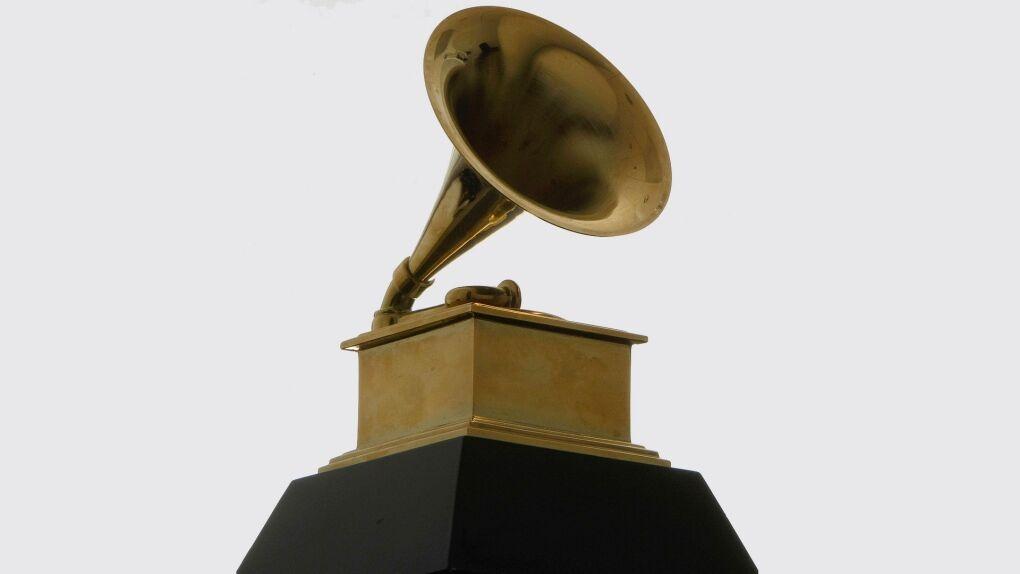Every year, the Grammys are a pop culture nightmare.
The public witnesses a three-hour pleasure fest for the rich and famous broken up by half-baked jokes from Trevor Noah and punctuated by hundreds of thousands of angry tweets from toxic fans debasing themselves at the feet of their poor defenseless parasocial buddies.
Really, the Grammys have everything. There’s the celebrity drama we really shouldn’t even care about. There’re the highly produced live performances that only the elite few have the opportunity to see in person. There’s the controversy over which genres get recognized during the actual broadcast.
And then, there’s the ever-present discourse about representation.
MORE GRAMMYS: Opinion: The Recording Academy should reconsider Killer Mike’s 2024 Grammy wins
This year, some fans argued that SZA’s “SOS” should’ve won album of the year over its ultimate winner, Taylor Swift’s “Midnights.” They drew parallels to last year’s awards, when Harry Styles’ “Harry’s House” beat Beyoncé’s “Renaissance.”
Here’s how the argument goes: The Recording Academy is hesitant to give the award to a Black female artist—to recognize her influence, perspective and talent.
That very well may be true, but society shouldn’t seek to include a marginalized demographic in such a corrupt system but rather abolish the system altogether. The deeper issue lies in the whole idea of giving out a single award at all.
The Grammys contribute to the treatment of music as a mere thing to be bought and sold rather than an art form. The music industry is treated like an open marketplace where artists have to pour their blood, sweat and tears into a distilled cultural product that’ll beat out their rivals and catch the finite attention of the fickle masses.
MORE OPINION: Opinion: Taylor Swift’s underwhelming album didn’t deserve its Grammy win
Success is the goal, rather than the reward.
But this is just the expected result of a competition like the Grammys. Fundamentally, it’s about the domination of others—a personal victory of the winner over the losers and, by extension, a cultural supremacy of the genre and background of the winner and their work over that of the other nominees.
So, as an alternative to the competition, how about a genuine celebration of music? How about a system that awards participation in and contribution to music instead of one that encourages the triumph of the winners over their fellow deserving artists?
Think something in line with the spirit of the Kennedy Center Honors, which annually recognizes lifetime achievement in the performing arts.
Instead of having a whole bunch of categories with five or eight nominees and one winner, there should just be a massive list of significant and talented artists, songs and albums that left their mark on the year’s music. The listed honorees can receive a plaque (or even just the current Grammy statuette).
Then, there could be a different kind of TV broadcast to replace what we’re all used to. There’d be a massive concert where 40 to 50 of the years’ best and biggest artists perform one song each in some major football stadium that seats 100,000 people.
READ MORE: Grammy-winning trumpeter Chris Botti makes tour stop in Baton Rouge
There’d be a diverse array of performers, representing different genres, backgrounds, identities and generations. It should be broadcast across the networks and live streamed on YouTube. The seats would be filled with fans not just the industry elite.
This would be a chance to not only celebrate the connection between music, artists and fans but to display that bond on national television.
Matthew Pellittieri is a 19-year-old history and political science sophomore from Ponchatoula.





